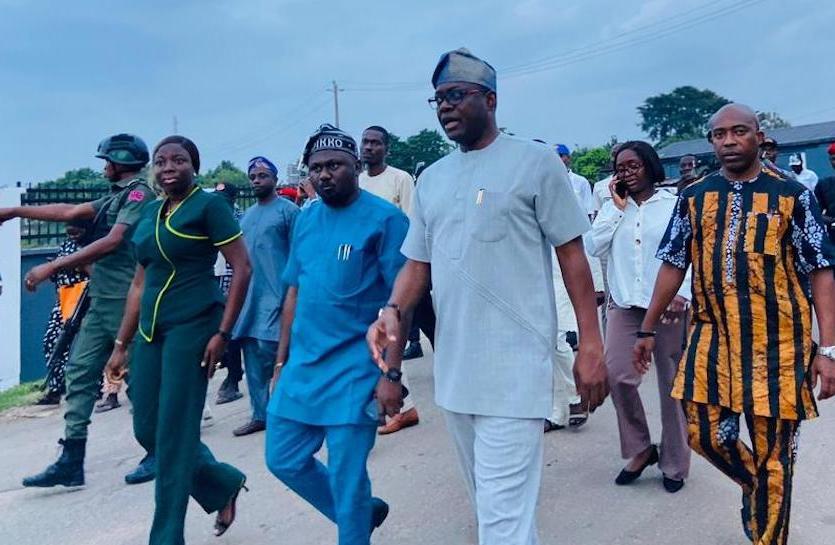Former presidential candidate of the Labour Party, Mr Peter Obi, has lamented that poverty, injustice, and failed leadership have brought Nigeria to a point of global embarrassment, saying the country’s moral decay and neglect of education have left over 130 million citizens in poverty and more than 20 million children out of school.
Speaking at the 21st All Nigeria Editors Conference (ANEC) organised by the Nigerian Guild of Editors (NGE) in Abuja on Thursday, Obi said Nigeria must rediscover its conscience and rebuild its moral foundation if it hopes to restore dignity among the comity of nations.
The conference had as its theme, “Democratic Governance and National Cohesion: The Role of Editors.”
Obi said Nigeria’s image problem was not the result of what outsiders said but of what citizens had allowed to fester through impunity, corruption, and indifference.
“We are disgraced not merely because of what others say, but because of what we have allowed ourselves to become. Over 130 million Nigerians live in poverty; over 20 million children are denied education; and we have surpassed India and China in infant mortality. We are now counted among the most insecure, hungriest nations, and among the worst places to be born,” Obi said.
He recalled a recent social media post by former U.S. President Donald Trump, who allegedly referred to Nigeria as a “disgraced country,” saying such remarks merely echoed the painful truth Nigerians of conscience had been voicing for years.
The former Anambra State governor described the situation as a national moral crisis that demanded honesty, sacrifice, and leadership by example. He said Nigeria must stop normalising bribery, vote-buying, and corruption if it hoped to inspire future generations.
“If I used ₦10 million to buy 200 votes instead of rebuilding a burnt school where children learn under the rain, what kind of society would I be building?” he asked. “When a people sell their votes, they sell their conscience; and when conscience dies, the nation follows.”
Obi urged editors to rise above convenience and partisanship, saying their role in shaping national consciousness and holding power accountable had never been more urgent.
“You are not just recorders of history; you are the conscience of our nation. Hold leaders accountable not for promises made, but for promises kept. Use your platforms to rebuild truth and moral integrity in public life,” he said.
On his part, former Minister of Transportation and ex-Governor of Rivers State, Rotimi Amaechi, criticised what he described as the growing ethnic and political bias in Nigerian journalism, warning that the press must not lose its courage or moral authority.
Amaechi, who traced the historical role of journalists in challenging military rule, said the decline of fearless reporting had weakened democracy and emboldened bad governance.
“During the military era, journalists were fearless. If anyone says the military was chased out of power without journalists, that person is lying. Today, ethnicity has entered journalism. Many are afraid to write against politicians from their own region. That’s why things are getting worse,” he said.
Amaechi argued that insecurity and economic hardship were direct results of government’s failure to provide legitimate means of livelihood.
“When people are denied survival, they will create illegitimate means of livelihood. If you refuse to create jobs, you are creating criminals. Poverty is the root of insecurity,” he added.
Similarly, the National Chairman of the All Progressives Congress (APC), Prof. Nentawe Yilwatda, praised Nigerian editors for their constructive criticisms, which he said had helped improve governance at both federal and state levels.
“Your criticisms have been positive tools for governance. Most of the suggestions we take to governors and policymakers come from your pages and programmes. You are not just gatekeepers, you are partners in national development,” he said.






